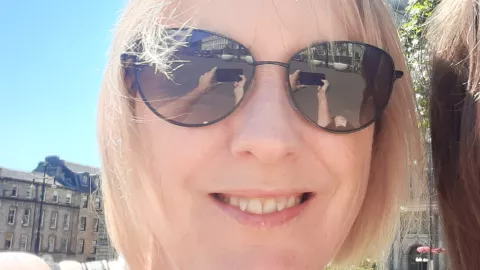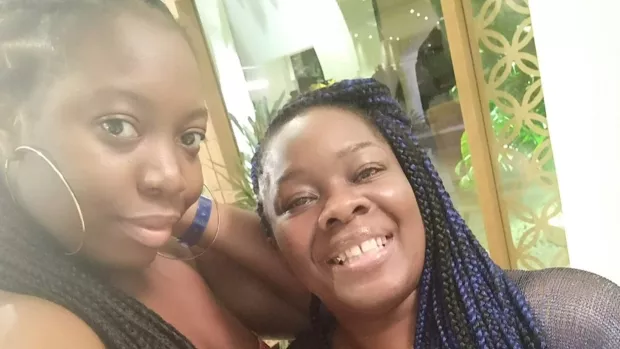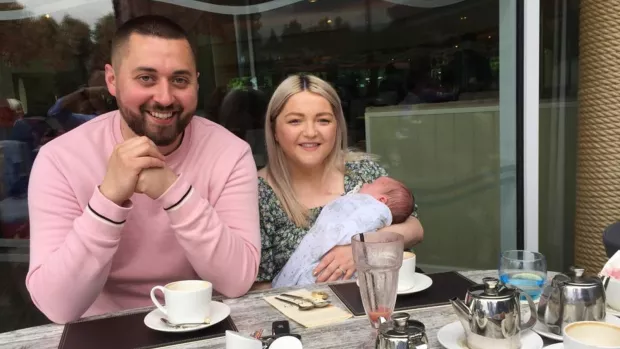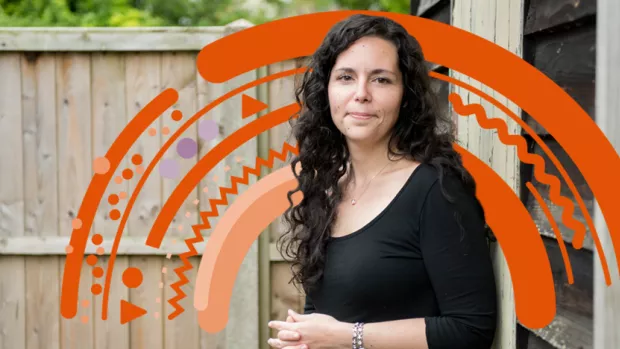
Diverse and layered: my experience of MS
Fiona Sneddon, from Fife, was working as an MS Nurse when she was diagnosed with MS. Here, she talks about how it changed her perspective and what her life is like now.
My first noticeable symptom was nerve pain in my right leg. It grew steadily weaker, but I was so focused on the pain I never noticed. The pain endured for six weeks, but my GP and I assumed it was a trapped nerve. As it improved, I realised I was numb from the knee down, but again chalked it up to nerve damage.
I had another episode 6 months later, with tingling in my hand and worsening mobility. It took several GP appointments, then finally seeing a neurologist to be diagnosed with MS.
A mess of emotions
It was a whirlwind of appointments, MRIs, blood tests and then Ocrevus infusions (ocrelizumab). Suddenly, it was as though my whole life had become medicalised and I had no control over my health. It felt like I’d been hit by a truck. I was a whole mess of emotions: loss, grief, panic, fear and so much more. At the same time, I was putting on a brave face for work and family.
It was one of the most difficult times of my life. Everything had changed in an instant. And then began the daily dance of managing MS symptoms. Every day felt like a symptom day, whether they were invisible or obvious.
My experience at work
At this time, I was working as an MS nurse helping patients with their MS symptoms. But I never really acknowledged my own symptoms. How could I not have realised I had MS? A part of me did, but I didn’t want to recognise this and the implications it would bring.
When my diagnosis came, my world turned upside down. With my experience at work, I had seen how much MS symptoms can impact somebody’s life. It overwhelmed me at times. I was overly emotional and in flight or fight for about two years.
I was lucky to have access to nurses and physios and my expert knowledge to understand my symptoms. But I also anticipated more problems because of my MS nurse role. It almost made my diagnosis more intense, and it became psychologically and emotionally hard to cope with.
My diagnosis changed my perspective and approach to my working life. Dealing with patients stopped just being about a diagnosis and symptoms to manage. It became about their expectations of what their future would've been and what it now might be. Adjustment to loss and managing fear became more of an emphasis than just bladder or mobility problems.
My experience now
Since then, I've changed jobs and moved house. I work less and live more, embracing every day and every opportunity, but I'd still prefer not to have MS. I'd prefer to cycle again and take my dog out for long walks. I’d like to visit new places without having to plan every rest stop and places to sit down. I worry about the impact on my family and the restrictions this has placed on them. But I know I couldn’t do it without them.
I've embraced disability rights and accessibility and feel passionate about everyone’s right to equal access. I utilise all the aids and resources I can to enable me to have the best quality of life I can. But some days it's hard, fatigue has become a close friend and walking my biggest enemy. I work at seeing the positives: I now have an excuse not to not do things I never wanted to do anyway!
Life is different for everyone, diverse and layered. This is the next part of my journey and I still feel I’m a very lucky person.




